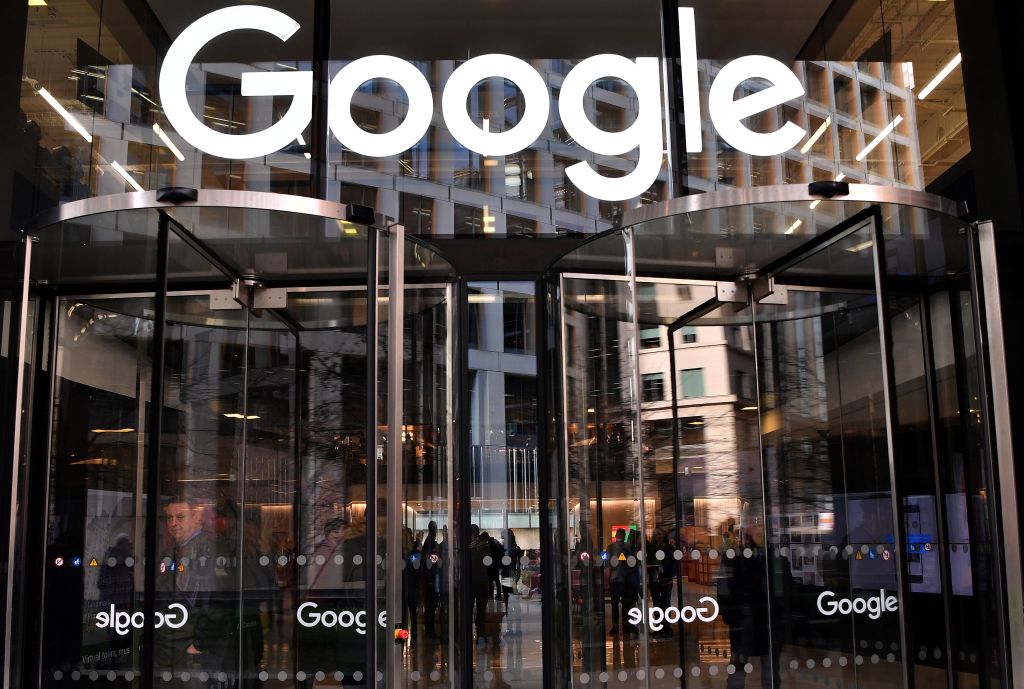UK Supreme Court blocks £3bn data privacy claim against Google

The UK’s Supreme Court has voted down a £3bn lawsuit which would have seen 4.4m Brits compensated for data breaches by tech giant Google.
The action led by former Which? director Richard Lloyd, supported by the campaign group Google You Owe Us, fought to bring a “representative action” against Google after it “illegally misused the data of millions of iPhone users”, through the “clandestine tracking and collation” of information about internet usage on iPhones’ Safari browser.
Lloyd was seeking £750 in damages for each member of the represented class under the 1998 data protection act on the basis that Google’s tracking caused them financial damage and mental distress.
The judgement
Speaking at the Supreme Court today Lord Leggatt said: “I reject these arguments and conclude that the claim cannot succeed.”
Leggatt rejected the mass lawsuit because Lloyd failed to supply evidence of the impact data privacy breaches had on individual claimants.
“The attempt to recover compensation without proving any facts particular to any individual iPhone user, and in particular without alleging or proving that Google’s alleged unlawful conduct caused any financial damage or mental distress to any such individual is therefore unsustainable,” he added.
Google says
In response to the judgement a spokesperson for Google said “this claim was related to events that took place a decade ago and that we addressed at the time.
“People want to know that they are safe and secure online, which is why for years we’ve focused on building products and infrastructure that respect and protect people’s privacy,” the spokesperson added.
Which? responds
A member of the legal team for consumer rights advocate Which? called the ruling “hugely frustrating.”
“This judgement shines a light on why the current system isn’t working for consumers and the government needs to step in,” said legal expert Lisa Webb. “We will only start to see real change when big tech companies feel an economic consequence.”
The lawsuit has been through a series of appeals in UK courts before reaching the Supreme Court. The High Court initially ruled that Lloyd could not serve the claim on Google outside the jurisdiction of England and Wales in October 2018, but that decision was overturned by the Court of Appeal in October 2019.
European case
Hours after the Supreme Court handed down its judgement Google was fined £2bn by Europe’s competition commissioner as part of an antitrust case.
Europe’s General Court fined the world’s most popular internet search engine for using its own price comparison shopping service to gain an unfair advantage over smaller rivals.
A spokesperson for Google commented on the ruling saying, “this judgement relates to a very specific set of facts and while we will review it closely, we made changes back in 2017 to comply with the European Commission’s decision.”
Big Tech regulation
Both verdicts are landmark rulings in Europe’s ongoing battle to regulate big tech. The UK decision could prevent a flood of claims being brought against tech companies in the form of massive opt out lawsuits.
Meanwhile, the EU ruling could strengthen the Competition Commissioner’s antitrust campaign against other US tech companies.
Google’s parent company Alphabet, saw the price of its Class A shares drop by 1.26 per cent yesterday trading at lows of $2,925.35.
For all the latest Lifestyle News Click Here
For the latest news and updates, follow us on Google News.

